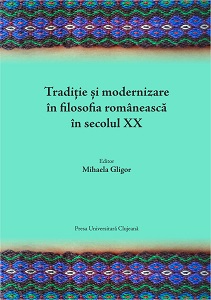Filosofia cioraniană a extincției în context schopenhauerian
The Cioranian philosophy of extinction in the Schopenhauerian context
Author(s): Ştefan Bolea
Subject(s): Philosophy, Essay|Book Review |Scientific Life, Bibliography, General Reference Works, History of Philosophy, Philosophical Traditions, Contemporary Philosophy, Existentialism, Cultural Essay, Conference Report, Source Material
Published by: Presa Universitara Clujeana
Keywords: Schopenhauer; Emil Cioran; Philosophy of Extinction; Research; Will-to-Life;
Summary/Abstract: Schopenhauer’s concept of the will-to-life was transformed by one of his main disciples, Philipp Mainländer, in his Philosophy of Redemption (1876) into the will-to-death, preceding Freud’s investigations regarding the death drive in Beyond the Pleasure Principle (1920). The post-Schopenhauerian conception that non-being is preferable to being anticipates Cioran’s discussion of suicide from A Short History of Decay (1949) and his vision of the “catastrophe” of birth from The Trouble with Being Born (1973). If, from a Nietzschean perspective, Cioran’s obsession with death is a symptom of passive nihilism, from an extreme-contemporary perspective, his pessimistic thanatophilia may resonate with our anxious crepuscular mentality, prefiguring contemporary Antinatalism.
Book: Tradiție și modernizare în filosofia românească în secolul XX
- Page Range: 7-25
- Page Count: 19
- Publication Year: 2021
- Language: Romanian
- Content File-PDF

